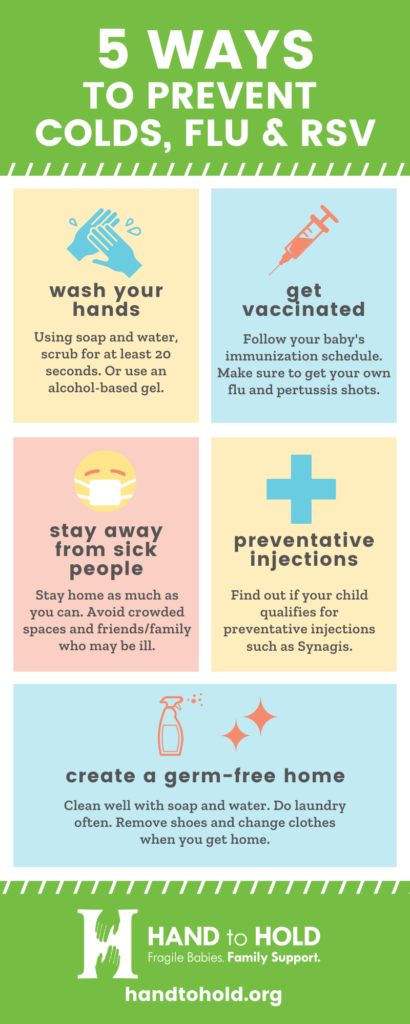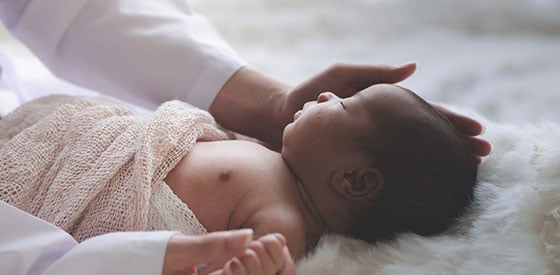rsv in babies nhs
RSV is a very common virus and almost all children are infected. In fact RSV is so common that nearly all children get the infection by the time they reach 3 years old.
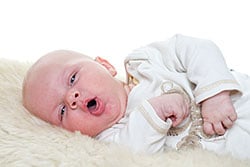
Rsv In Infants And Young Children Cdc
Researchers estimate the total economic impact of respiratory syncytial virus.
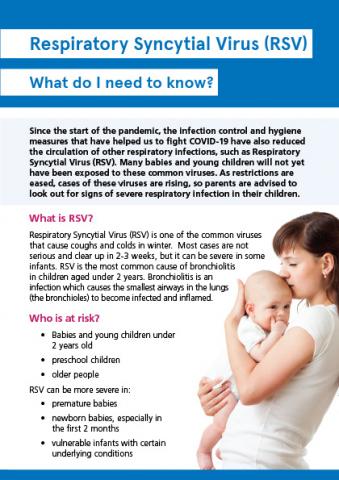
. The virus can affect a person of any age but largely affects the very young and very old. Respiratory syncytial virus RSV is a common and very contagious virus that infects the respiratory tract of most children before their. It causes infections in the lungs and respiratory tract.
What Is Respiratory Syncytial Virus RSV. Symptoms of severe RSV in infants include. Belly breathing look for a.
Short shallow and rapid breathing Struggling to breathe chest. This is common in babies under the age of two. Your child has taken less than half their usual amount during the last two or three feeds or they have had a dry nappy for 12 hours or more Your child has a persistent high.
However in young infants it causes a chest infection called bronchiolitis. Flaring spreading out of nostrils with every breath. Those most at risk of developing severe and occasionally fatal RSV infection are very.
RSV respiratory syncytial virus is a common virus that spreads primarily among children but can affect adults too. In recent months there has been a resurgence of RSV following the easing of COVID-19 public. This piece was fully funded initiated and written by Sanofi.
Understanding the burden of Respiratory Syncytial Virus in infants on the NHS and families. RSV Respiratory Syncytial Virus affects 90 of children before the age of two. This is often a mild infection but it can make some higher risk.
Signs and symptoms of severe RSV infection in infants include. The impact of respiratory syncytial virus on the NHS society and economy in the UK. Short shallow and rapid breathing.
If at any time you or any member of your household becomes more unwell they should visit NHS 111 Wales website. Background information for RSV. Bronchiolitis is almost always caused by a viral infection.
If it is a medical emergency dial 999. High risk babies from catching respiratory syncytial virus which can cause serious illness and death. RSV is most common in infants between 2 and 8 months of age.
RSV often occurs in yearly outbreaks and is most common in winter and early spring months. Infants are most severely affected by RSV. In most cases the respiratory syncytial virus RSV is responsible.

Nhs Told To Brace For Surge In Sick Kids After Lockdown Lowered Immunity To Common Bug The Sun

Parents Warned To Look For Signs Of Rsv In Babies And Children After Yorkshire Nhs Sees Outbreak Yorkshire Post

Bronchiolitis And Rsv Hertfordshire Community Nhs Trust

Rsv In Babies Treatment Options

Colds And Flu Symptoms In Babies And Children Nhs Inform Advice The Nen North Edinburgh News
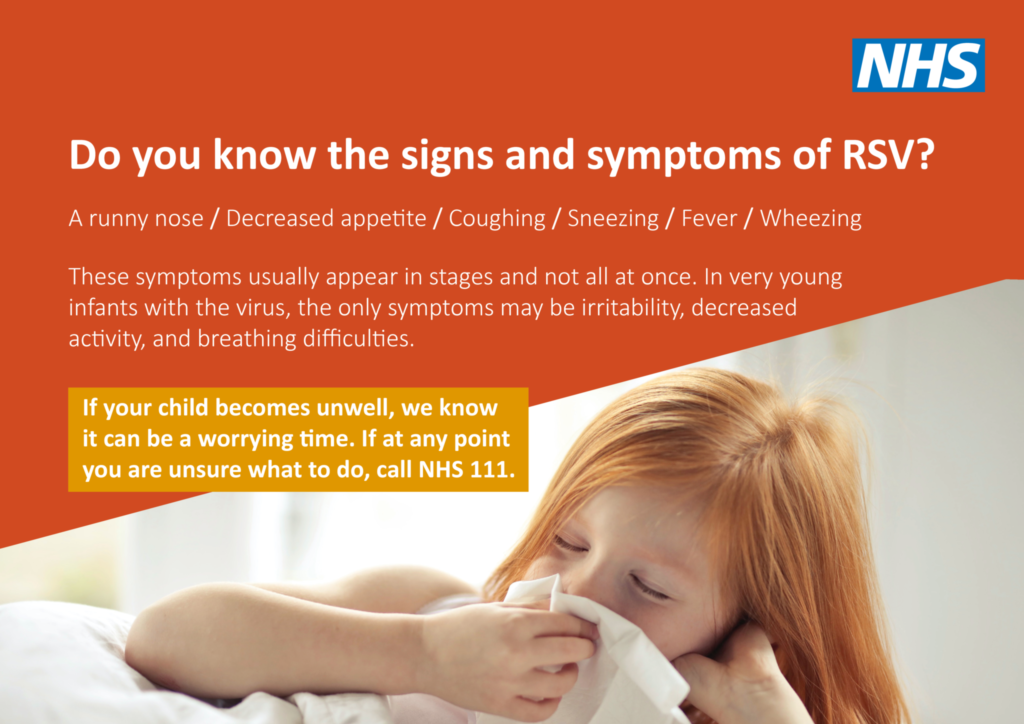
Know The Signs And Symptoms Of Rsv Doncaster And Bassetlaw Teaching Hospitals
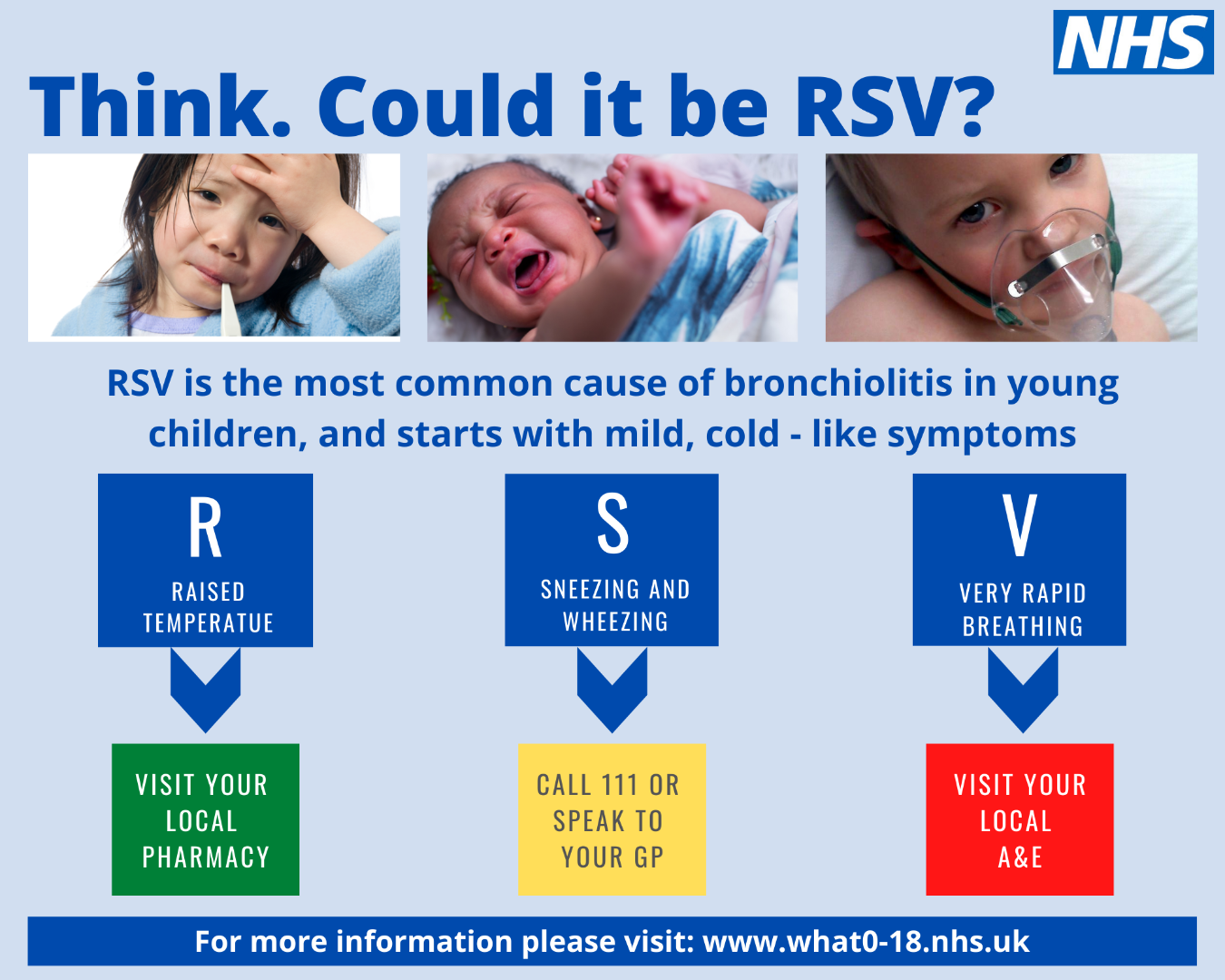
Pre Schoolers Hampshire Healthy Families
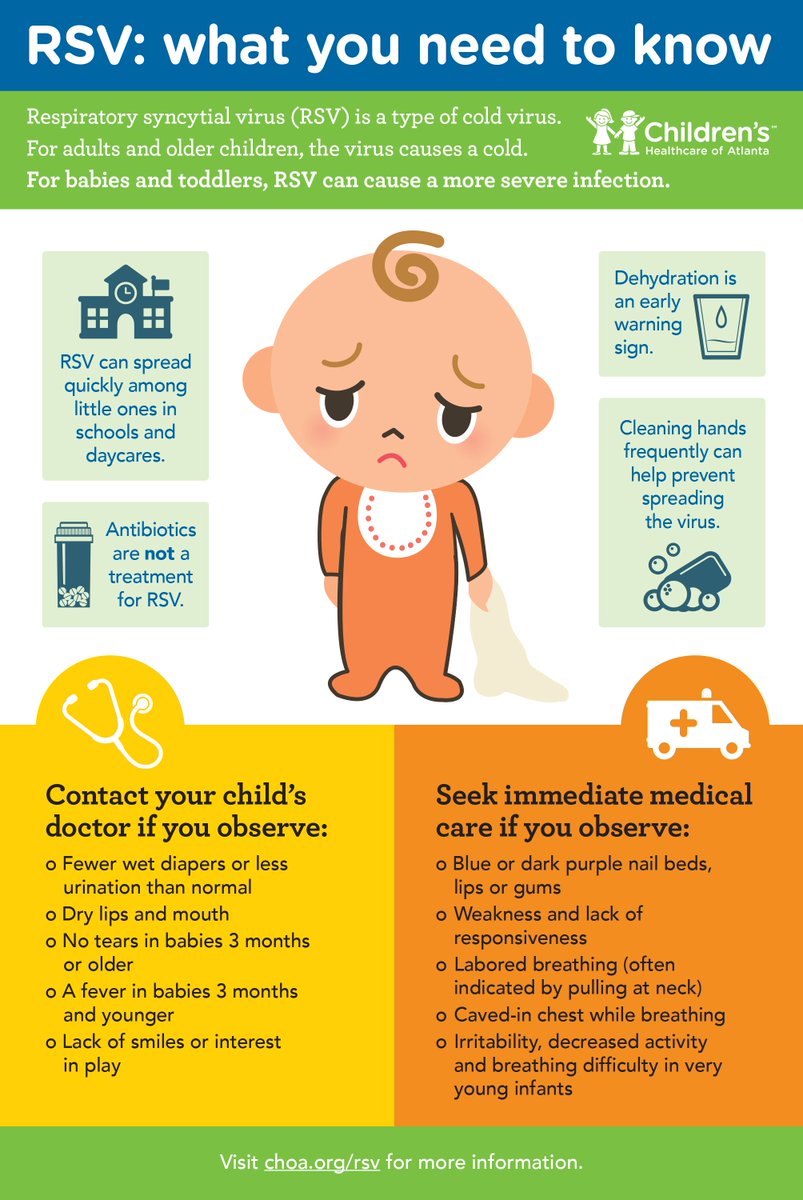
Children S On Twitter For Babies And Toddlers Battling Rsv Early Detection Is Key Know What To Look For And When To Call Your Doctor Https T Co Xl3zpjbrg2 Twitter

Respiratory Syncytial Virus Rsv Contact
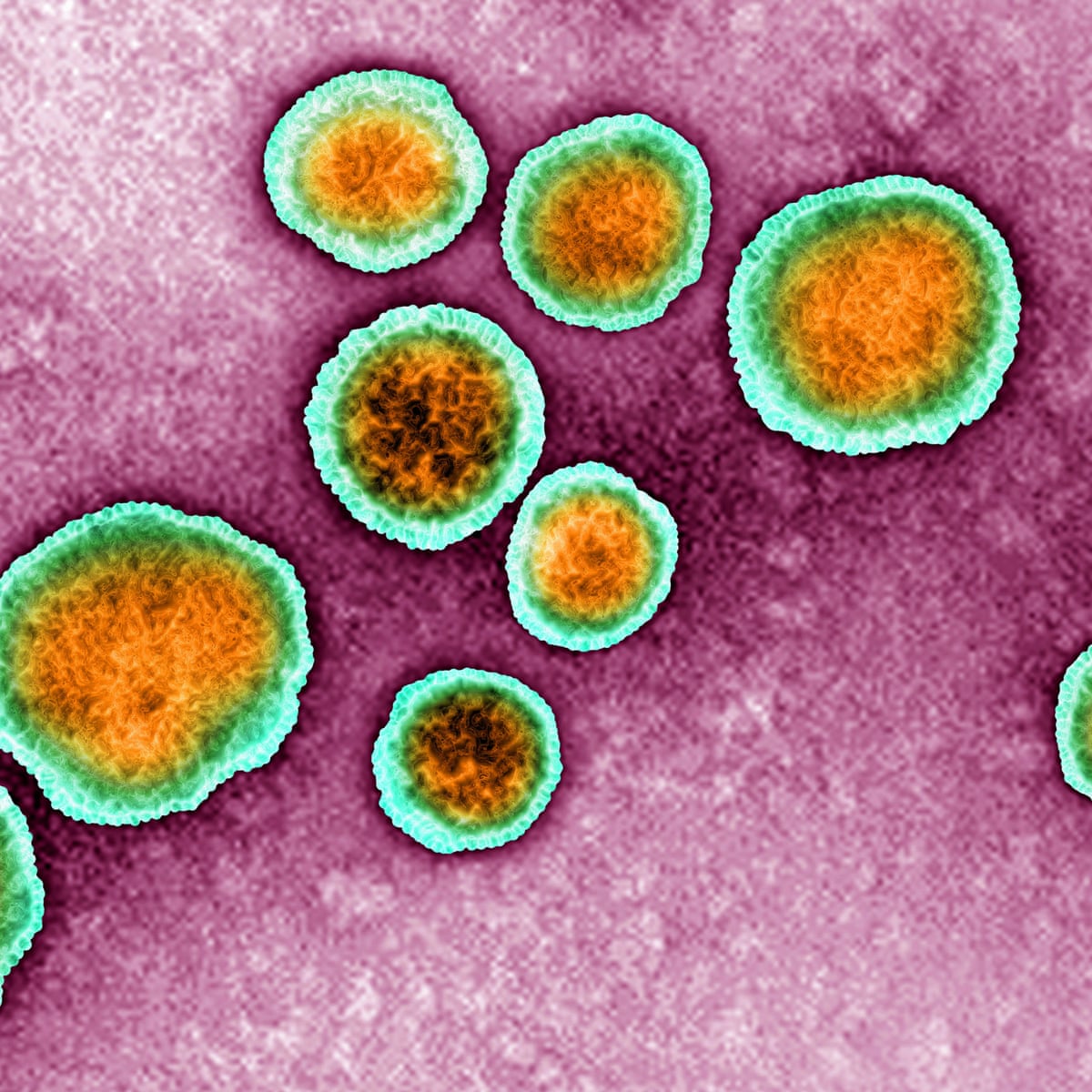
Parents Urged To Look Out For Rsv And Other Infections In Children Health The Guardian

Rsv In Children The Dudley Group Nhs Foundation Trust

Towards The Prevention Of Rsv A Major Cause Of Infant Death Department Of Paediatrics

Sepsis Spotting The Signs Healthier Together
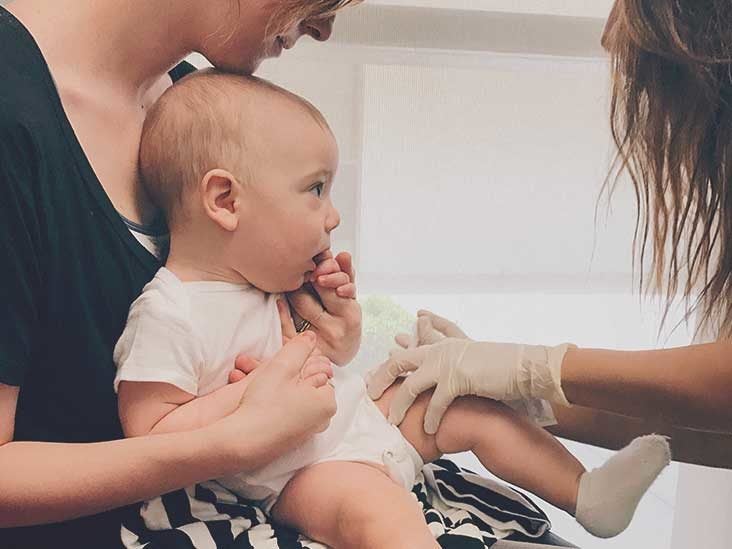
Rsv In Babies Treatment Options
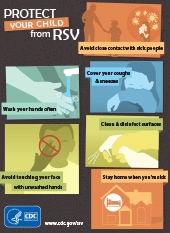
Rsv Respiratory Syncytial Virus Cdc
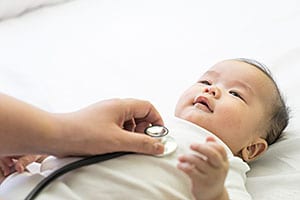
Symptoms And Care Of Rsv Respiratory Syncytial Virus Cdc

The Burden Of Respiratory Syncytial Virus Understanding Impacts On The Nhs Society And Economy Rand
